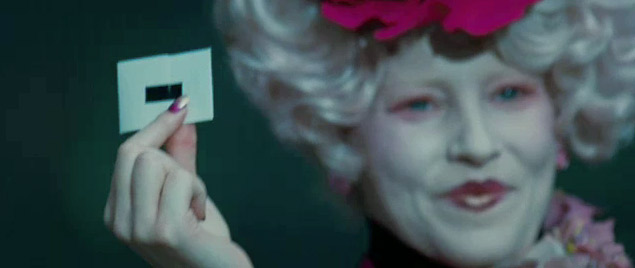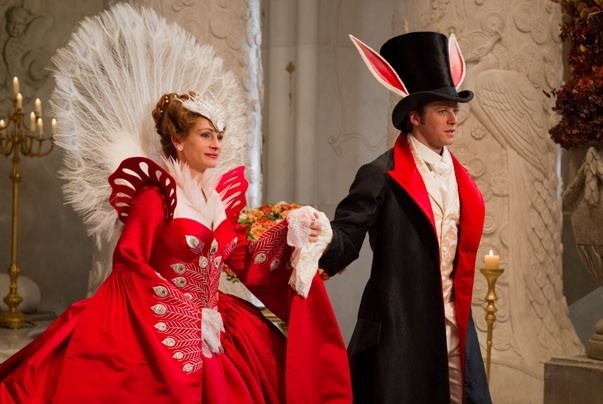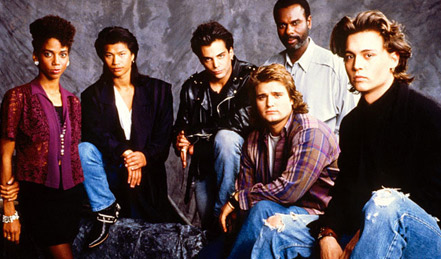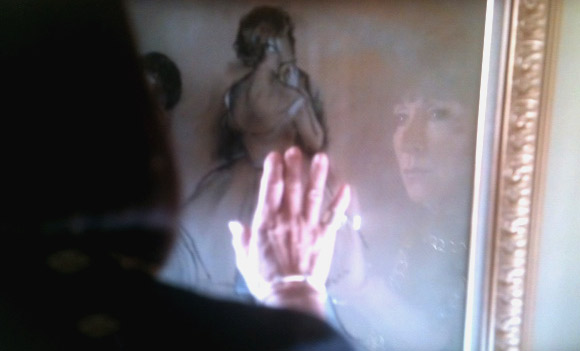 This review was originally published in my column at Towleroad. Congratulations to Towleroad for winning Outstanding Blog at the GLAAD Awards
This review was originally published in my column at Towleroad. Congratulations to Towleroad for winning Outstanding Blog at the GLAAD Awards
"The Hunger Games," now in their 74th year, began as a way to punish an uprising against the government. The totalitarian regime of Panem (in what remains of the former United States) maintains total control over the outlying districts. Each of the 12 districts is required to send forth two "tributes" annually, a boy and a girl between the ages of 12 to 18 chosen by lottery. They are shipped to the Capital where they are paraded about and then shipped off to die for the amusement of the masses. Everyone in the nation watches. There are no alternatives in this dystopia. Only one adolescent will live bringing supposed honor (and maybe food?) to their starving district... or so claims the capital. What honor there is in forcing teenagers to kill each other is not a question the Capitol asks itself.
Any similarities that The Hunger Games has to the Japanese classic Battle Royale (2000), which also features schoolchildren forced to kill each other by a totalitarian regime -- only one survivor allowed -- are, according to The Hunger Games author Suzanne Collins, entirely coincidental. Another film in this subgenre, the little seen Series 7: The Contenders (2001) also features mandatory lotteried killing for televised amusement. In short, the ideas are nothing new, just the treatment; these are topics we're obviously grappling with in popular culture in this era of televised "reality" and winner takes all capitalistic vice. The gap between the haves and have nots grows and this dystopia gives it steroids.
 "The Reaping" Effie chooses tributes from District 12
"The Reaping" Effie chooses tributes from District 12When 12 year old Primrose Everdeen (Willow Shields) is named as tribute in "The Reaping" ceremony, her protective sister Katniss (Jennifer Lawrence) volunteers to take her place. The district also sends Peeta (Josh Hutcherson) a sweet strong baker's son who Katniss knows a little. Will they kill or be killed?
Click to read more ...
 Monday, April 2, 2012 at 1:30PM
Monday, April 2, 2012 at 1:30PM 










